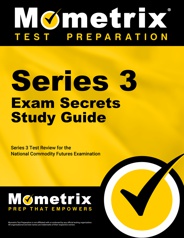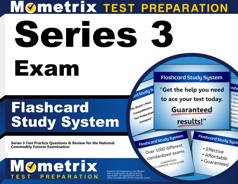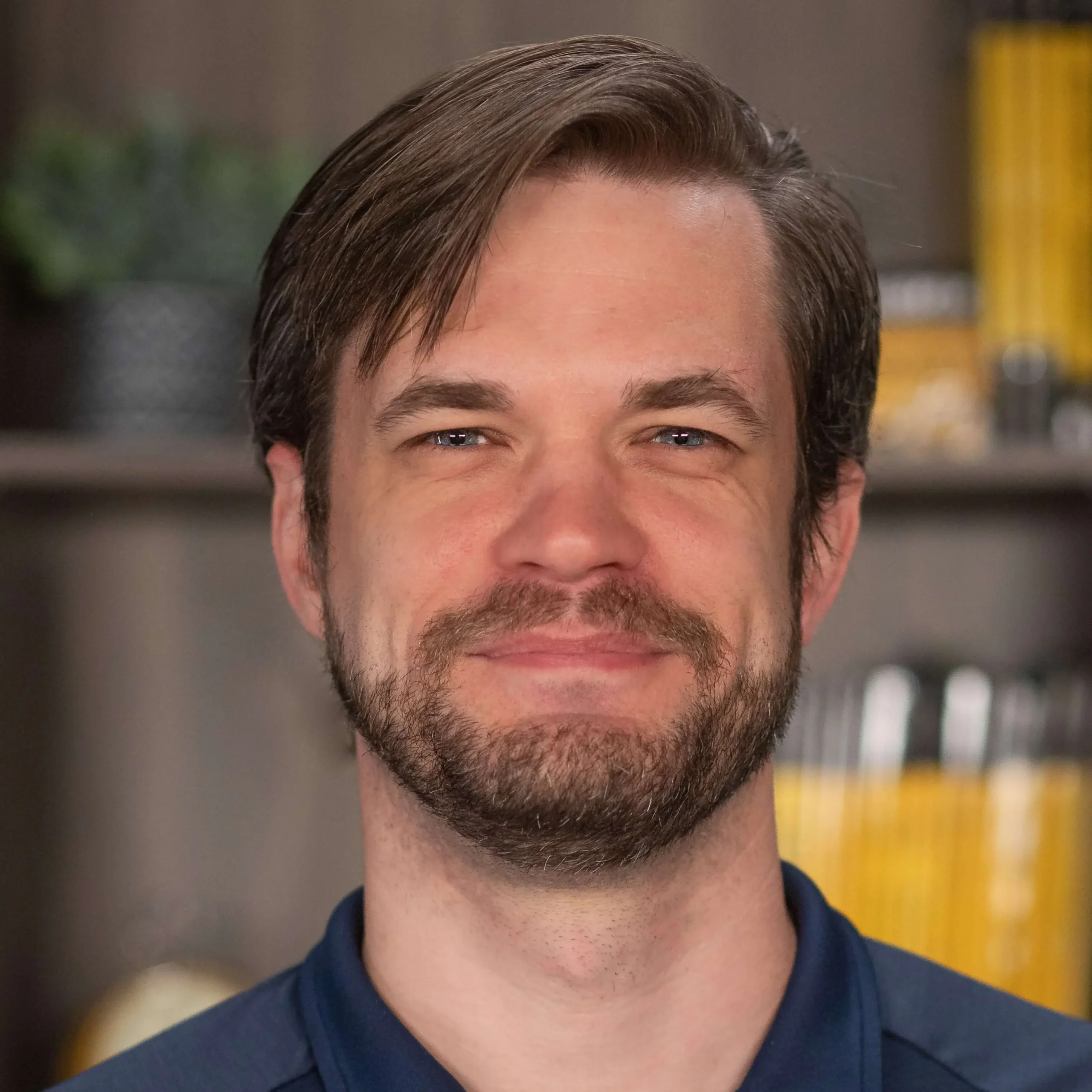The Financial Industry Regulatory Authority (FINRA) administers the Series 3 National Commodities Futures Examination, which was created by the National Futures Association (NFA). The Series 3 exam is designed to assess your knowledge and ability to perform adequately in a financial planning profession.
Click “Start Test” above to take a free Series 3 practice exam
Series 3 Exam Outline
The Series 3 exam contains 125 multiple-choice questions and you will be given a time limit of 2.5 hours. Five of the questions are unscored experimental questions that are used to validate questions for future versions of the exam.
The exam is split into two main parts, and each part contains several question categories:
PART 1
Futures Trading Theory and Basic Functions Terminology
- General theory
- The futures contract
- The structure of futures markets
- Hedging theory
- Speculative theory
- General futures terminology
- General options terminology
Futures Margins, Options Premiums, Price Limits, Futures Settlements, Delivery, Exercise, and Assignment
- Margin requirements
- Options premiums
- Price limits
- Offsetting contracts, settlements, delivery
- Options exercise, assignment, settlement
Types of Orders, Customer Accounts, and Price Analysis
- Market orders
- Stop orders
- Orders on electronic markets
- Stop-limit orders
- Market-if-touched orders
- Additional orders
- Technical price analysis
- Fundamental price analysis
- Interest rate analysis
Basic Hedging, Basis Calculations, and Hedging Futures
- Short hedging and long hedging
- The basis
- Hedging calculations
Spreading
- Spread trading
- Common spread types
Speculating in Futures
- Trading applications
- Profit/loss calculations for speculative trades
Option Hedging, Speculating, and Spreading
- Option theory
- Option hedge strategies/calculation
- Option speculative strategies/calculations
- Option spread strategies/calculations
PART 2
Regulations
- General
- FCM/IB regulations
- CPO/CTA
- Arbitration procedures
- NFA disciplinary procedures
- CFTC Commodity Exchange Act enforcement
Check Out Mometrix's Series 3 Study Guide
Get practice questions, video tutorials, and detailed study lessons
Get Your Study Guide
Series 3 Exam Registration
To register for the Series 3 exam, you must complete an NFA enrollment form. Once the form has been approved, you will gain access to NFA’s Online Registration System (ORS), where you can complete the registration and scheduling process. During registration, you must pay the $140 examination fee.
How to Study
Think you aren’t a good test-taker? Maybe on a study-time crunch? Or just don’t know how to begin studying? Mometrix has designed a new Study Secrets course to help every student, no matter what study scenario you are in. Here’s what you’ll find in the Study Secrets Course:
- Techniques to Conquer Procrastination
- Steps to building a Study Plan custom to your learning style
- 7 Effective Note-Taking Methods
- Test-Taking Tips
- Memory Techniques and Mnemonics
- And much more!
Everyone learns differently, so we’ve tailored our Study Secrets Course to ensure every learner has what they need to prepare for their upcoming exam or semester. Click below to check it out!
Test Day
In-person Testing
The Series 3 exam is administered at Prometric testing centers across the country. You should arrive at the testing center 30 minutes before the scheduled exam time. If you arrive late, you will not be able to take the exam.
Once you arrive at the testing center, you will be asked to provide a valid, government-issued photo ID. If you forget to bring your ID or if your ID is invalid, you will not be allowed to take the exam.
Before you enter the testing room, you will be asked to leave all personal items (cell phone, wallet, keys, bags, etc.) in a secure locker.
Once you are in the testing room, you will be given a small whiteboard, dry-erase markers, and noise-canceling headphones. The proctor will then provide you with instructions and begin the exam.
Remote Testing
On the day of your exam, ensure that your testing area is clear of your cell phone, reference materials, scratch paper, and food or drink containers.
You should be logged in and ready to take the exam 30 minutes prior to the scheduled appointment. The remote proctor will ask you to show your photo ID and to use your webcam to scan your surroundings.
Once the exam begins, you cannot leave the webcam’s view or talk to anyone. If the proctor observes questionable behavior, your exam will be canceled.
How the Test is Scored
The Series 3 exam is scored using the modified-Angoff method, which means that your final score is determined based only on your performance on the examination. Each version of the exam is different, so the number of correct responses needed to obtain a passing score will vary slightly.
To pass, you must answer at least 70% of the questions correctly on each part. If you pass one part of the exam but fail the other, you will not pass the exam as a whole.
Check Out Mometrix's Series 3 Flashcards
Get complex subjects broken down into easily understandable concepts
Get Your Flashcards
FAQs
Q
How many questions are on the Series 3 exam?
A
There are 120 scored questions and five unscored questions on the exam.
Q
How long is the Series 3 exam?
A
The time limit for the exam is 2.5 hours.
Q
What is the passing score for the Series 3 exam?
A
To pass the exam, you must answer a minimum of 70% of the questions correctly in each part of the exam.
Q
How much does the Series 3 exam cost?
A
The examination fee is $140.

